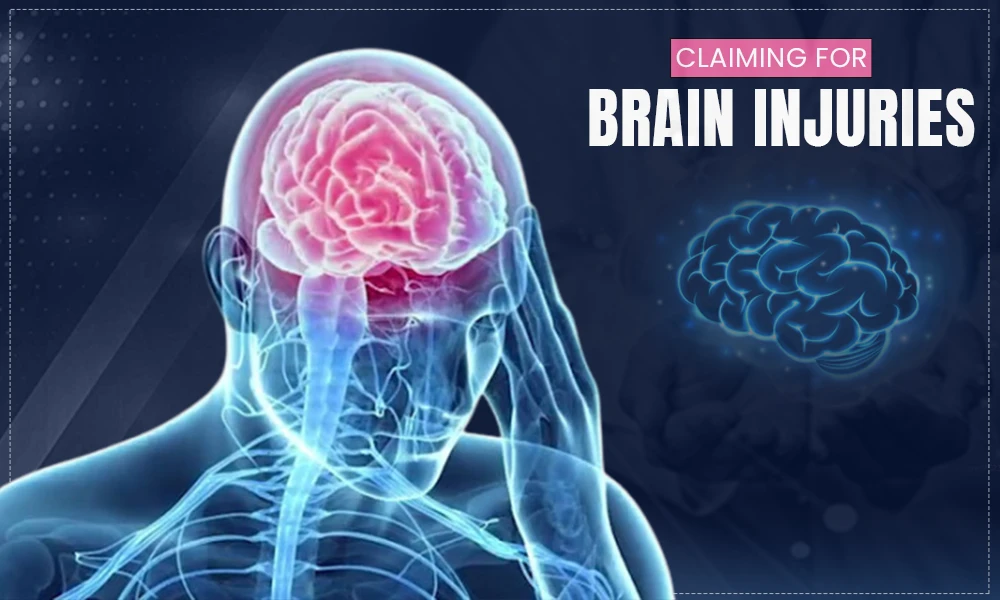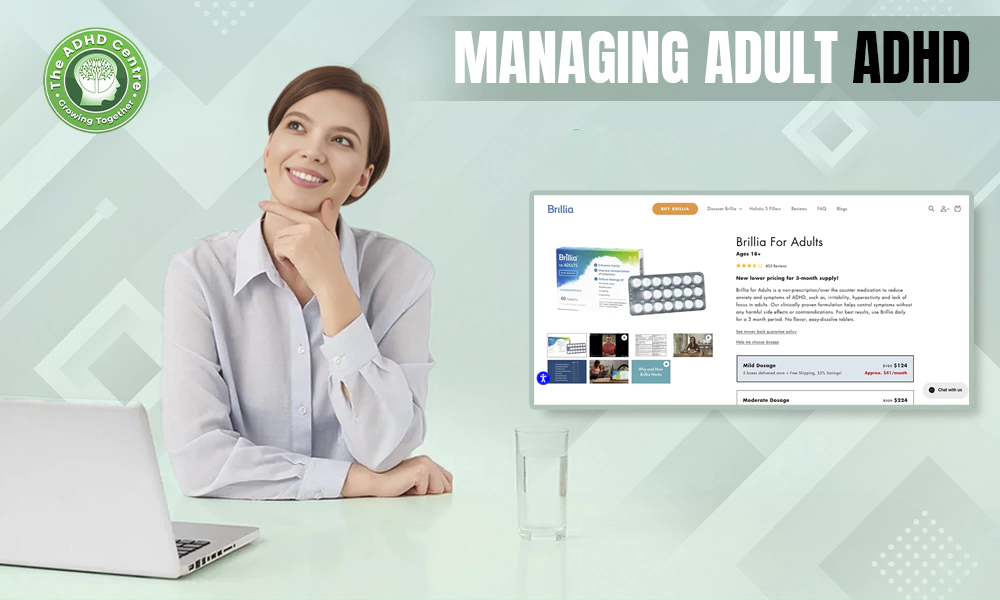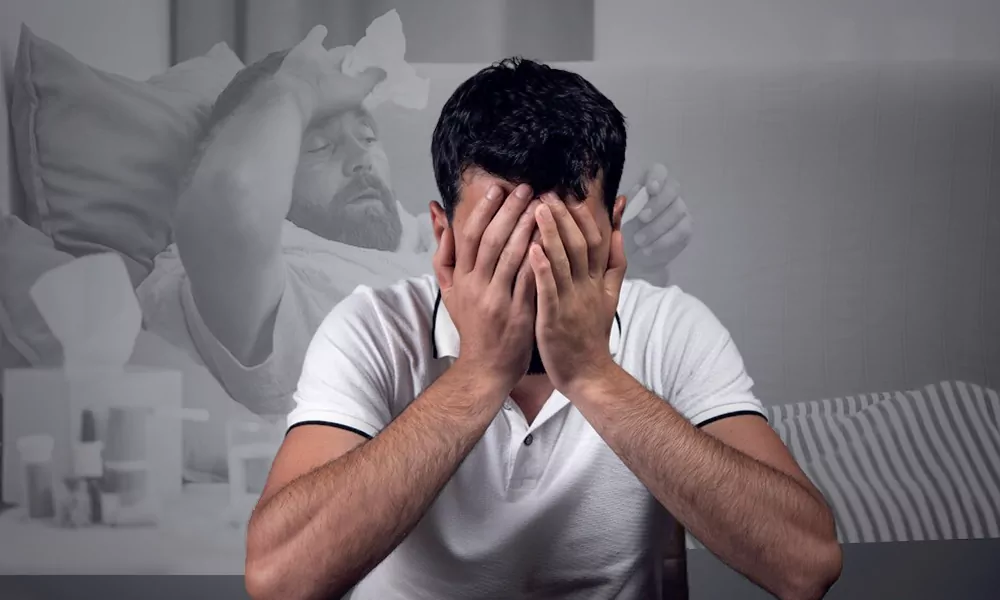Breaking the Cycle: Treating Opioid Addiction Effectively

Opioid addiction is one of the most pervasive and challenging public health crises. Despite the best efforts of governments and healthcare providers, addiction rates remain high, and treatment success rates are low. This has led to a need for innovative treatment approaches that go beyond traditional methods like detoxification and medication-assisted therapy. Below are ways to break the cycle of opioid addiction and create lasting change.
Cognitive Behavioral Therapy
When treating opioid addiction, cognitive-behavioral therapy (CBT) is often used with other forms of treatment. CBT focuses on identifying and challenging negative thought patterns contributing to drug use. It also assists individuals in developing new coping mechanisms for dealing with stress and urges and provides the skills to make positive lifestyle changes.
Additionally, CBT can help people recognize the situations that lead to drug use, examine underlying issues such as trauma and anxiety, and ultimately transform their overall thinking and behavior. This can be an important part of the recovery process as it fosters more productive behaviors and promotes long-term abstinence from opioid use.
Mindfulness Training Techniques
Mindfulness-based approaches are an effective way to manage cravings and stress. Techniques such as deep breathing, body awareness, and meditation help individuals become more mindful of their thoughts and feelings associated with opioid use.This creates emotional distance from the urge to use, allowing for better decision-making in the moment. Additionally, mindfulness techniques provide a sense of emotional regulation that benefits individuals struggling with addiction.
Peer Support Groups
Peer support groups are an essential part of treatment for opioid addiction. These groups provide social support by connecting people in recovery to those who have gone through similar experiences.
Through sharing stories and providing encouragement, members gain strength from each other’s successes even in the darkest times. Peer support groups also offer a sense of community, an important factor in maintaining long-term recovery.
Contingency Management Treatment
Contingency management is a treatment that uses rewards to promote positive behavior. This approach is especially effective in treating this addiction as it provides short-term incentives for those who abstain from drug use. The rewards are usually small, such as vouchers or gift cards, and motivate individuals in recovery.
Additionally, contingency management reinforces healthy behaviors and promotes long-term abstinence from opioids. By providing consistent reinforcement and support, this approach can be an important part of the recovery process for individuals struggling with addiction.
Residential Treatment Programs
For those who need more intensive treatment, residential programs are often recommended. These programs typically involve 24-hour inpatient care with counseling and on-site services. The residential treatment gives individuals time away from the everyday stressors and triggers that lead to relapse, allowing them to focus on their recovery.
Residential programs also provide a structure, which is especially important for people in early recovery as it helps them develop healthy routines and build the skills needed to maintain sobriety. This type of program is an important part of long-term success in opioid addiction treatment.
Exercise and Nutrition
Physical activity and healthy eating are key components of recovery from opioid addiction. Exercise helps to reduce stress and increase endorphins, which helps improve mood and reduce cravings. Additionally, regular physical activity creates a sense of purpose, structure, and discipline, which are important elements in maintaining long-term sobriety.
Opioid addiction is a serious problem that requires effective treatment. There are a variety of different approaches and interventions available, including cognitive-behavioral therapy, mindfulness training techniques, peer support groups, contingency management treatments, and residential programs. No single approach is right for everyone, but by understanding the different treatment options available, individuals in recovery can find the best approach for their needs.










